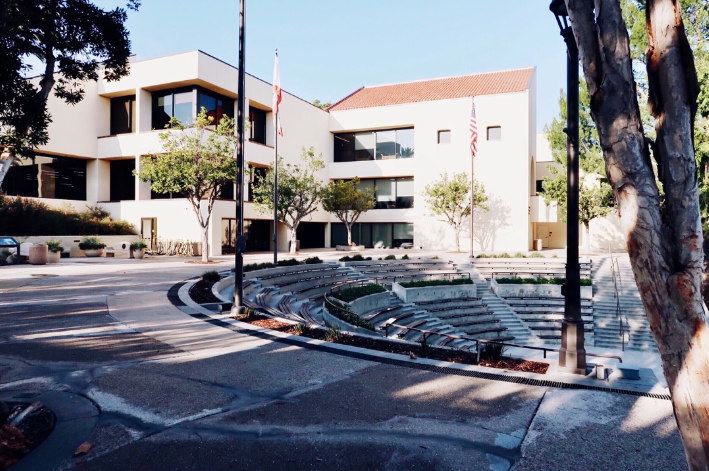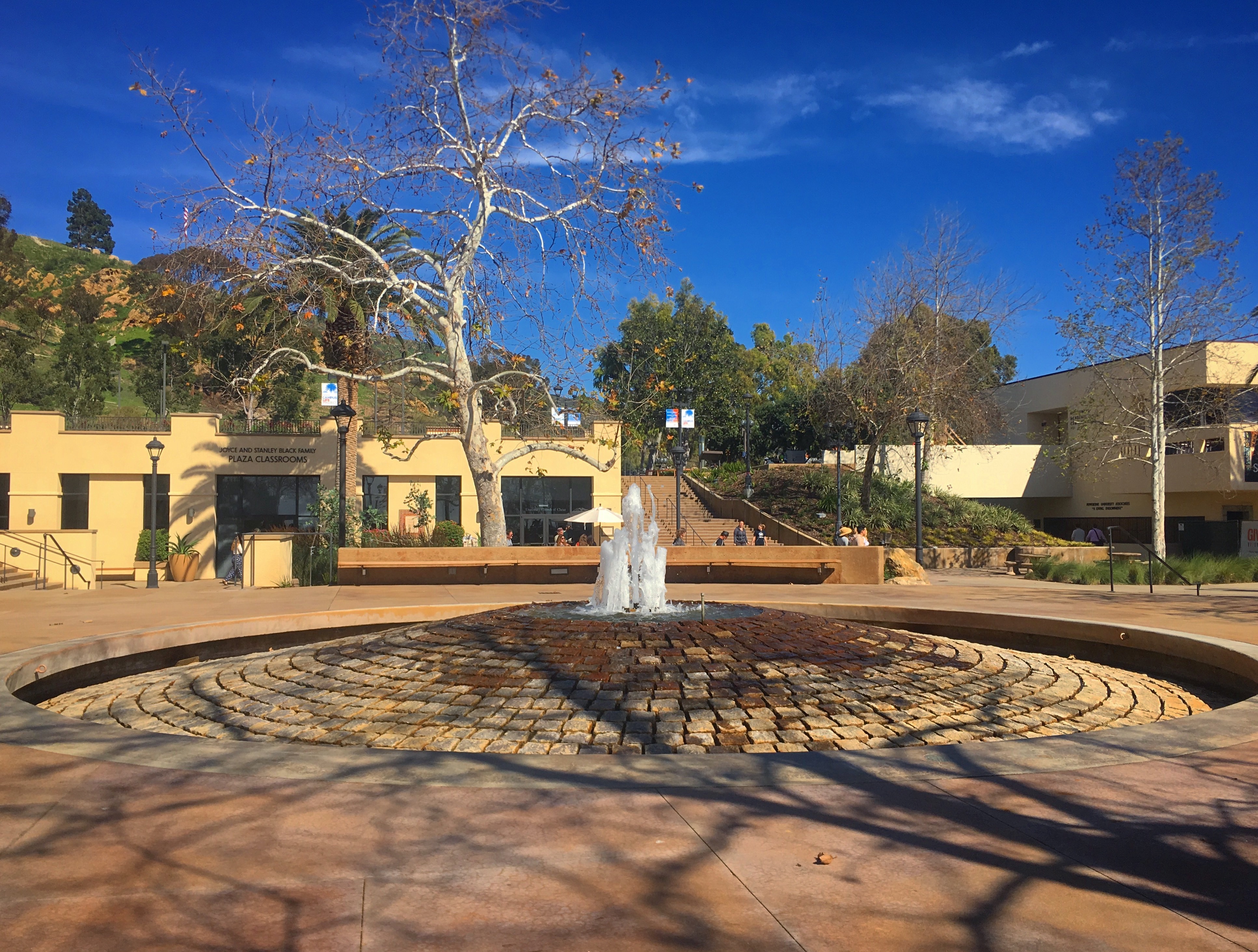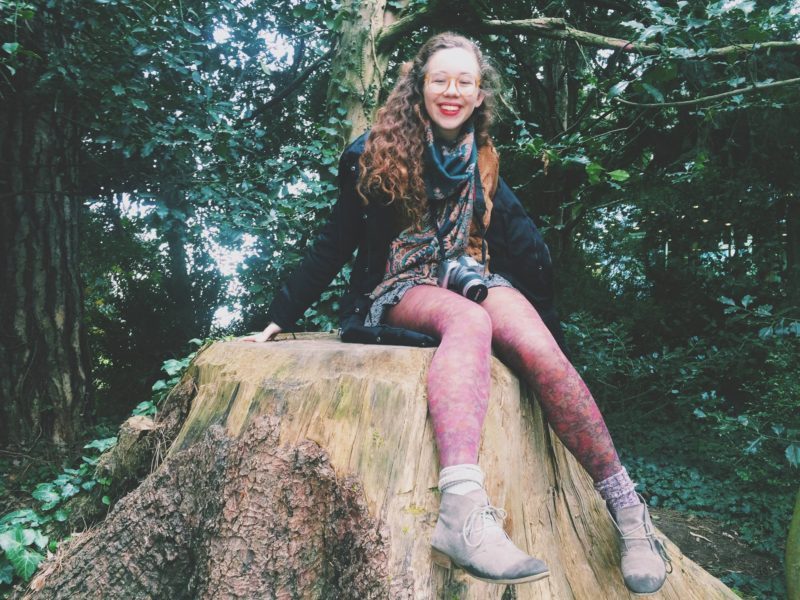
Junior art major Carissa Mosley didn’t chose her college path.
Mosley’s family chose her journey into adulthood.
Mosley is a self-described liberal feminist who grew up in a conservative, Southern Baptist household in Fort Worth, Texas. For her, where to attend college wasn’t filled with the usual enthusiasm and excitement. Instead, she felt hesitation and indifference, because her parents gave her an ultimatum: Attend a religious university or financially support yourself during college. Mosley said her parents did not support liberal university “behaviors” and believed she would be “brainwashed” if she did not attend a religious university. Mosley said she had originally desired to attend one of the more liberal universities in the Pacific Northwest.
Mosley is one of a number of students at Pepperdine University who identify as liberal, nonreligious or both, who originate from families who have encouraged or forced them to attend a religious university.
Seaver, Pepperdine’s undergraduate college with roughly 3,500 students, is affiliated with the often-conservative Churches of Christ. Though the student population is itself diverse, with students of all religious backgrounds and political stripes, some conservative and/or religious families chose Pepperdine for their children because of its conservative and religious ties. Some students who self-identify as nonreligious or liberal, report their families (1) highly encouraged, (2) financially threatened or (3) had expectations that their children would only attend a religious university. This family pressure dampened their experience choosing a college, and for some, their college experience itself.
A Pepp Post poll of 51 Pepperdine students found that Mosley is not alone. Some 29 percent of respondents said their parents would not financially support them if they pursued a degree at a non-religious university. Some 53 percent of students surveyed self-identified as liberal. Of the 27 respondents who said they were liberal, 52 percent of them reported having conservative parents. Of the 15 respondents who identified as either spiritual, agnostic, atheist or nonreligious, only one respondent said they also had a nonreligious parent. The other 14 respondents reported having religious parents ranging from Roman Catholic to Churches of Christ.
When asked if students would chose to return to Pepperdine, 59 percent said yes, 35 percent said maybe and three percent said no. There was a split divide about transferring to another school. Some 51 percent of respondents said they have had thoughts about transferring while 49 percent said they have not had similar thoughts.
These interactive graphs shows the differences between Pepperdine students and their parents. The first set of pie charts shows differences in religious affiliation and the second shows differences in political orientations.
“My parents said they would only financially support certain religious schools and that made it difficult for me to make a decision,” Mosley said. “One of the hardest things is feeling like you’re fully surrounded by an environment of people who disagree with you, but I think it’s a good challenge. I try to find the people who do agree with me because it is important to have that support.”
Mosley, who is also the Green Club vice president, said she has had a mixed experience at Pepperdine. She believes that there are a lot of liberal professors who have supported her and helped her shape her beliefs. Mosley said she believes that other large universities stereotypically are liberal. Instead of being surrounded by people who share her beliefs, she has the opportunity to hear from others and understand others’ beliefs with intelligent, positive conversations. She said she enjoys that she can have face-to-face contact with conservative classmates and not make generalizations about conservative people.
Steven Rouse, divisional dean of Social Science and professor of psychology, said it is not uncommon to have some differentiation occur between students and parents during either adolescence or early adulthood. He said it is a natural occurrence during that time for a person to start determining ways that they are similar to and different from their parents. Rouse said he imagines that there is also a common theme across human history where parents want their children to see the world and experience the world similarly to the way they see the world. Forcing their children to attend a university that aligns with their believes could, however, make the divide between parent and child grow.
“There could be an effect in that it might exaggerate the difference between the students own worldview and belief system and that of his or her parents,” Rouse said. “If a student has already felt like they’ve kind of separated from their parents’ worldview, if they are then forced to continue engaging in a behavior that is along the lines of what their parents would promote, that may make the difference between them and their parents more extreme, or seem even more extreme.”
Junior political science major Austin Norton is from a conservative Wisconsin household. His parents believed that a religious university would provide Norton with a good environment, even though some of his personal beliefs contrast with the conservative atmosphere.
“Growing up (as a) liberal in a conservative household definitely strained my relationship with my parents,” Norton said. “My parents gave me two choices coming out of high school, either join the military or go to Pepperdine. Being liberal at Pepperdine has really tested my views, but has strengthened my convictions because I realize that I’ve had to fight twice as hard to prove my beliefs.”
If students are pressured or forced into coming to Pepperdine University, students are still able to obtain a world-class education. Professors said they are hopeful that this group of select students will be able to analyze the Bible regardless of their backgrounds and draw their own literary conclusions.
“I am trying to use sound, literary methodologies and say, ‘First and foremost, regardless of what conclusions you draw religiously and theologically from the Bible, it is literature,’” said Tim Willis, divisional dean of Religion and Philosophy. “And so we need to be analyzing that. Even if it is saying stuff that is going to become doctrine, it is still doing that through a literary medium.”
Junior advertising major Logan Baldwin didn’t realize the enormity of the differences she had with her parents until after she left home and began her journey at Pepperdine. When she began her freshman year at Pepperdine, she realized that she agreed more with viewpoints outside of her household. She said she realized she had been growing up in a bubble and didn’t engage with differing viewpoints until she came to Pepperdine.
“I felt pressure from my parents to go to a religious university, but I never felt forced,” Baldwin said. “It wasn’t until I got to Pepperdine that I realized how sheltered I had been my whole life and when I started deciding to form my own opinions.”
Baldwin said she believes Pepperdine is actually not that conservative because unlike her home, it has given her the opportunity to form her own opinions and interact with people who aren’t exactly like her.
“My personal views currently don’t always align with my parents anymore, which can put a strain on our relationship,” Baldwin said. “I still struggle with being 100 percent transparent with them, but it’s a better situation to be in than pretending I am someone I’m not or just blindly following in my parents footsteps like I had been doing for so long until I got to Pepperdine.”
Junior business major Taylor McMackin also faced the same issue as Mosley. McMackin’s conservative family led her to Pepperdine, where she is still uncertain about faith.
“My parents refused to pay for a public school,” McMackin said. “Me going to a Christian university is very shocking knowing myself. Even though I have made plenty of friends, I’m still not really sure how I feel about God and my faith.”
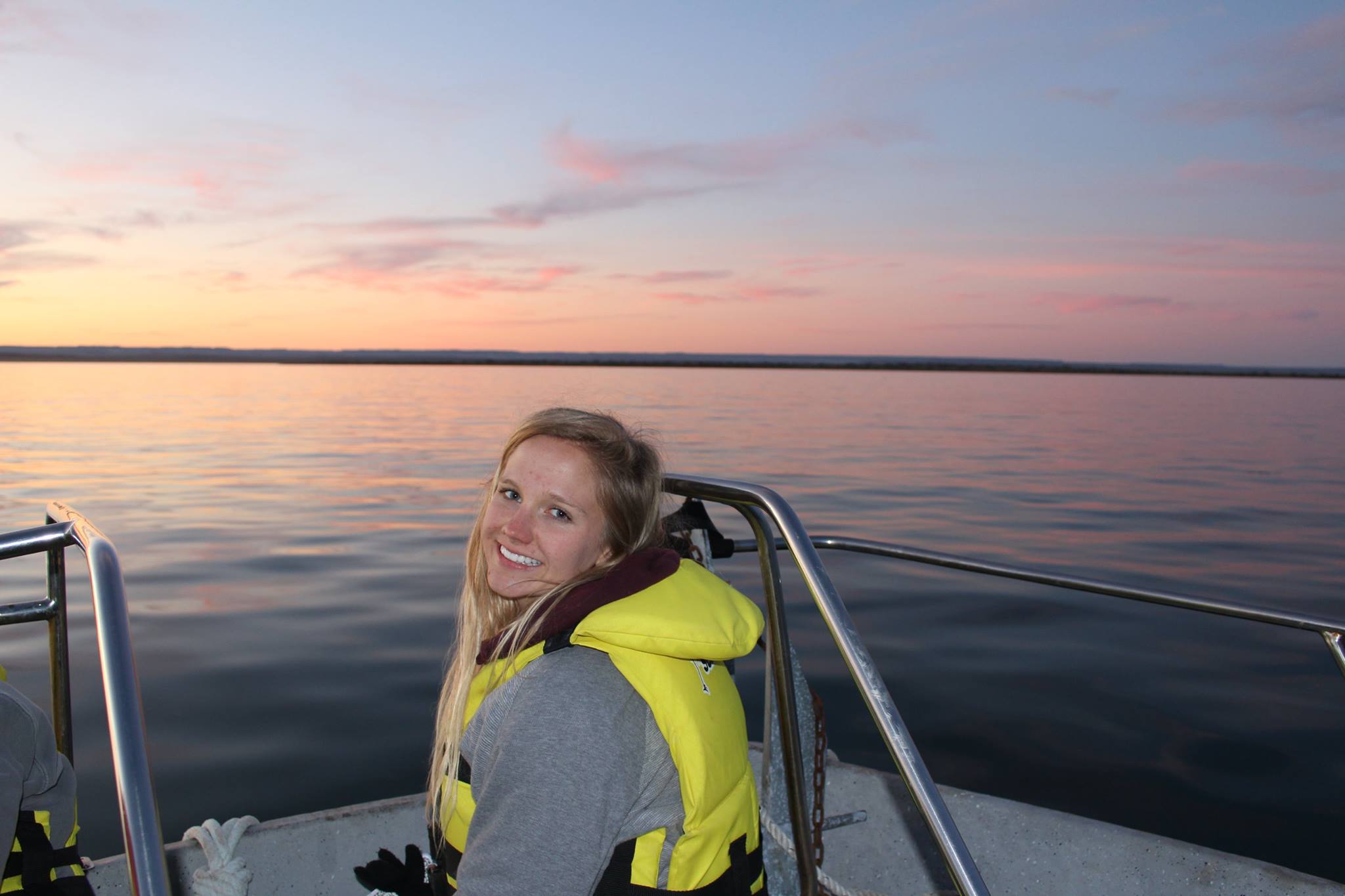
The poll did not find any students who have claimed to have a poor or negative experience at Pepperdine. Most students were satisfied or happy with their experiences.
“I feel like being a liberal student at an extremely conservative school, at first, I was not accustomed to it,” junior advertising major Amber Liu said. “But now I’ve grown to appreciate the fact that I am more of a minority here because it makes what I say and what I stand for and what I believe in, that more significant.”
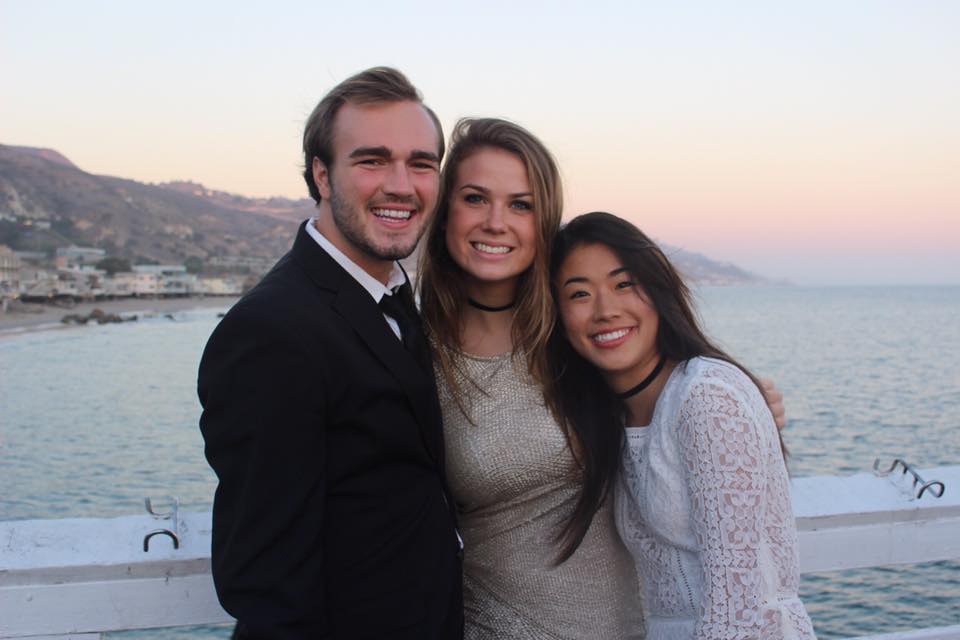
Junior nutritional sciences major Hannah Cooper is also in the same boat, but said that being pressured to attend a religious school means that it is easy to find other friends in similar situations to bond with.
“My family really encouraged that I attend a religious school, even though I’m not really religious myself,” Cooper said. “College has been really good so far. I’ve found friends who’ve also been peer pressured with having to come to Pepperdine. I don’t feel like an outsider because my group of friends can sympathize with my experience.”
Mosley said that sometimes she does feel exhausted, always being surrounded by a sea of conservatism. She said she copes with her family situation by promoting her values and political views in multiple clubs and holding meditation sessions at Alumni Park to encourage open, peaceful dialogues.
While this select group of students may have tense or split households, it is safe to say that Pepperdine does its best to foster a welcoming and open community.
“As a Christian, I was always attracted to a small Christian school,” said Lyle Nelson, a junior international business major. “At Pepperdine I am surrounded by many Christians as well as many non-religious people and I think both groups teach me different things about myself. I would hope that everyone feels included and welcome at Pepperdine.”
Jack Busch completed this story in Dr. Christina Littlefield’s fall 2016 Jour 241 class.


